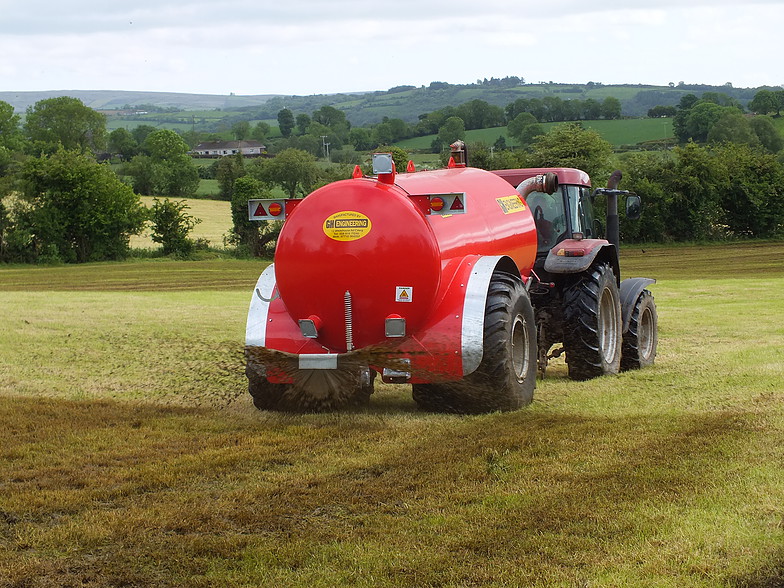Farmer and agriculture journalist Darragh McCullough made wide-ranging suggestions about climate action in farming this week.
Speaking to Sean O’Rourke on RTE, McCullough was especially critical of the current set-up of the Common Agricultural Policy (CAP), calling it a “nonsense system” and saying it was “totally broken”.
His comments come as the EU is currently debating proposed reforms to the CAP, with some voices saying the direct payments should be more environmentally focused.
McCullough echoed those sentiments, suggesting “we totally pivot the massive CAP payments that come into this country, which operates under a nonsense system; it’s totally broken”.
You could then say to farmers we’re not going to pay you per acre as we have been doing, but we’ll pay you per tree that you plant, or per tonne less of fertiliser you use, or whatever mitigating technology you employ on your farm.
McCullough also argued against the use of splash plates on slurry tanks, claiming that the nitrous oxide that is released when slurry hits a splash plate is “300 times worse per kilo than carbon dioxide”.
“This is really bad stuff, so we need to minimise this ASAP,” he said.
He also suggested that a carbon tax would be “massively unpopular” and “would go nowhere”.
But it was not all bad news from McCullough; he highlighted the fact that Irish cattle, particularly dairy cows, are some of the best in terms of emissions.
The vast majority of our cows go out in the spring time, they hoover up grass themselves, they defecate over the grass themselves, and that releases a lot less nitrous oxide than if you have a cow in-doors and you grow grass to bring in to them, only to bring the slurry back out.
McCullough argued that these mitigating factors would have to be put in place if the dairy industry was going to continue to expand here.
“We have a dairy industry which has added another 40% in cow numbers in the last five years because quotas went, and it’s been great news for the agricultural sector,” he said.
“It’s added an extra 10,000 jobs domestically and it’s doubled the spend of the dairy sector in the domestic economy from €2 billion to €4 billion. We still have a lot of untapped potential here in Ireland,” he added.
